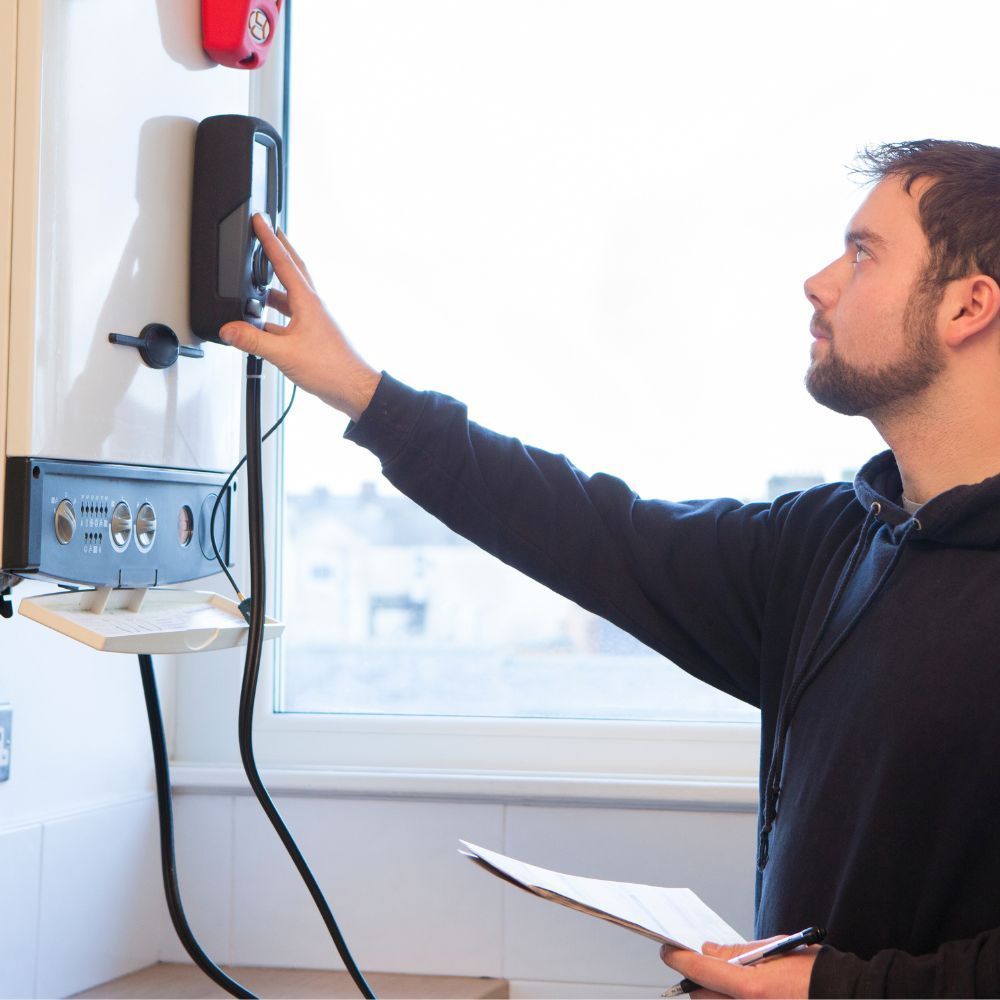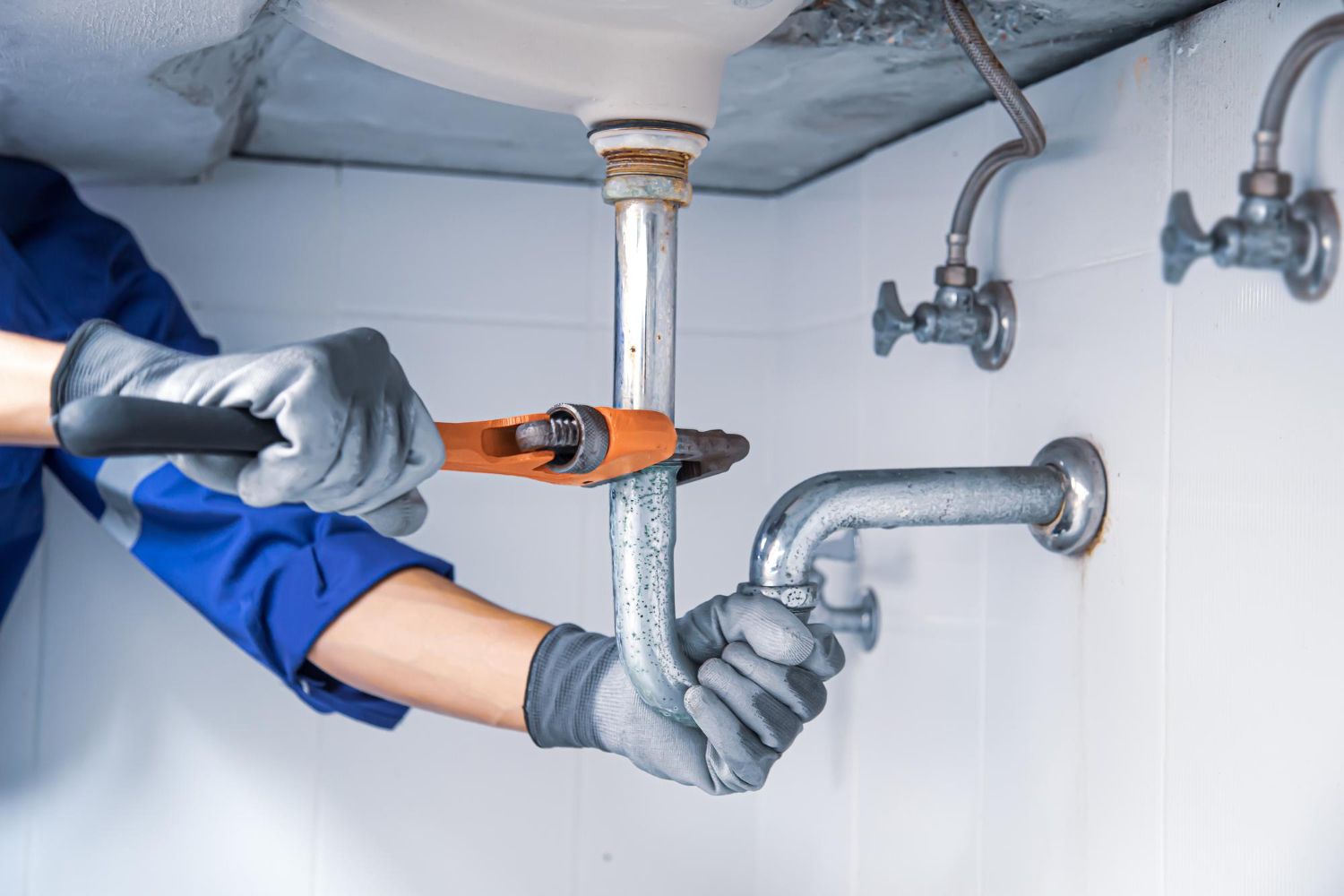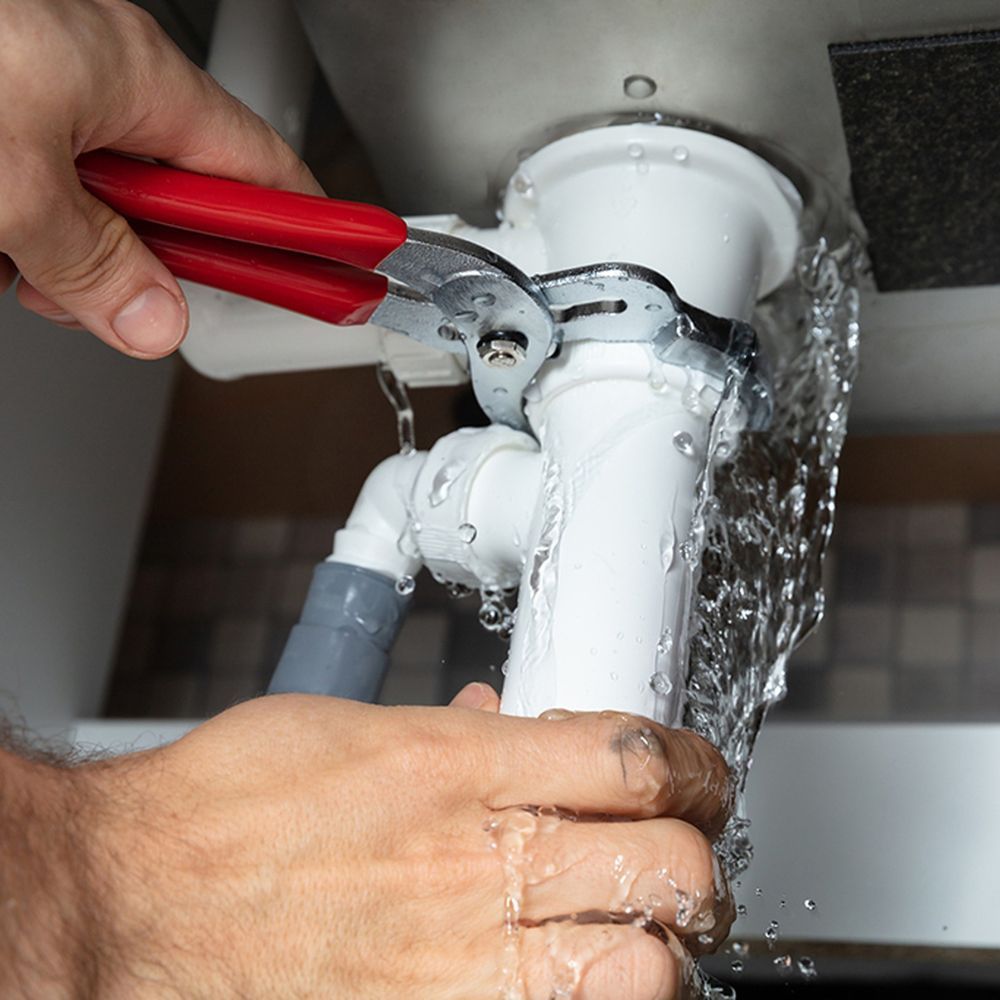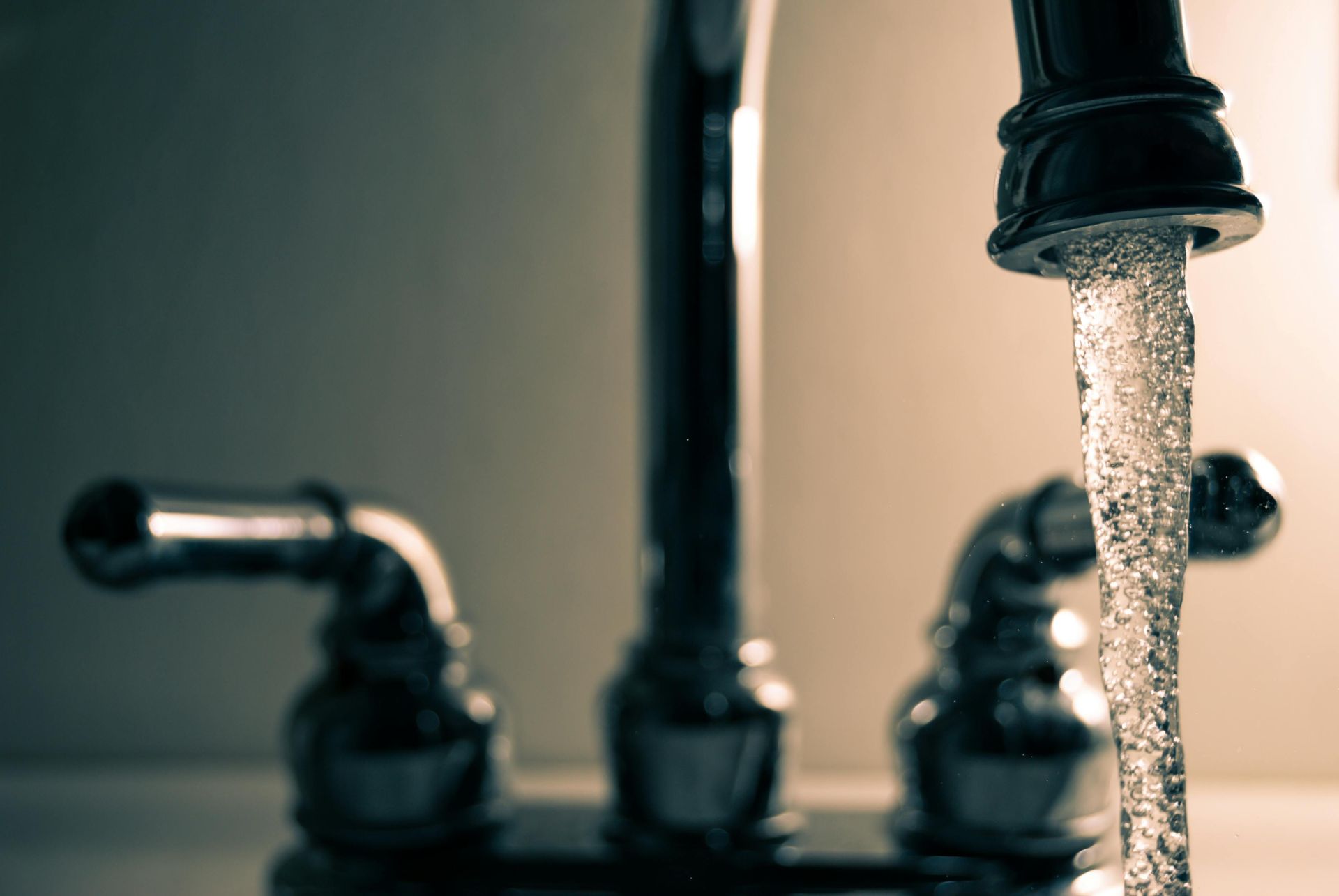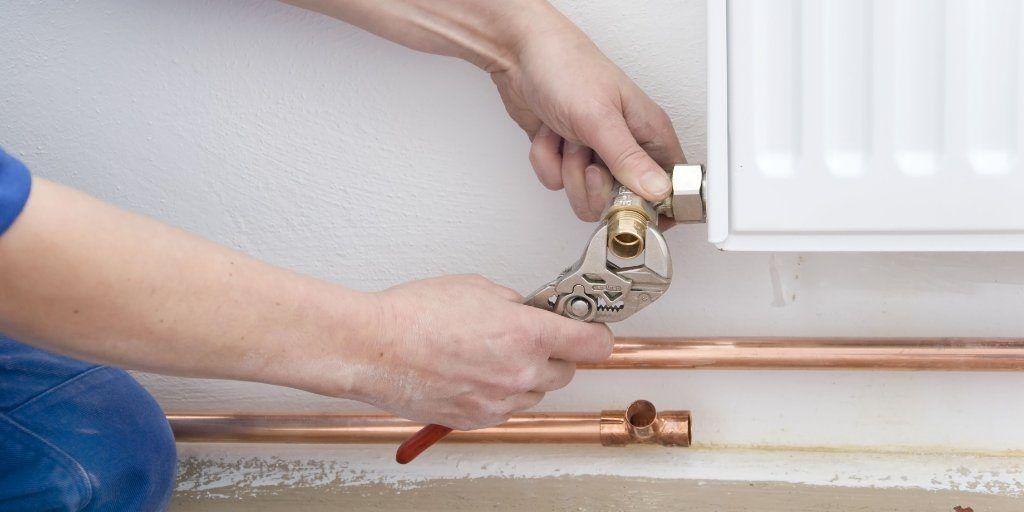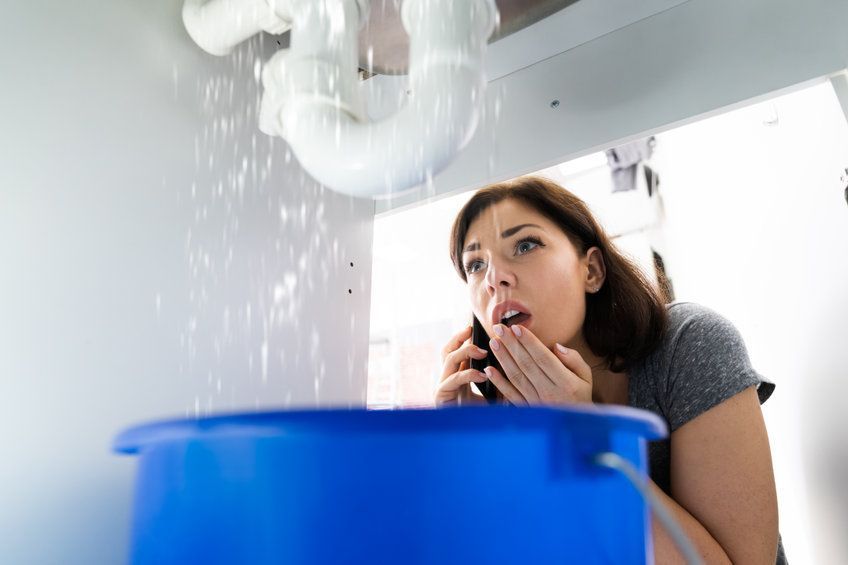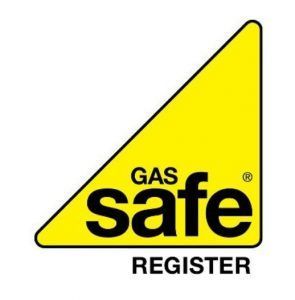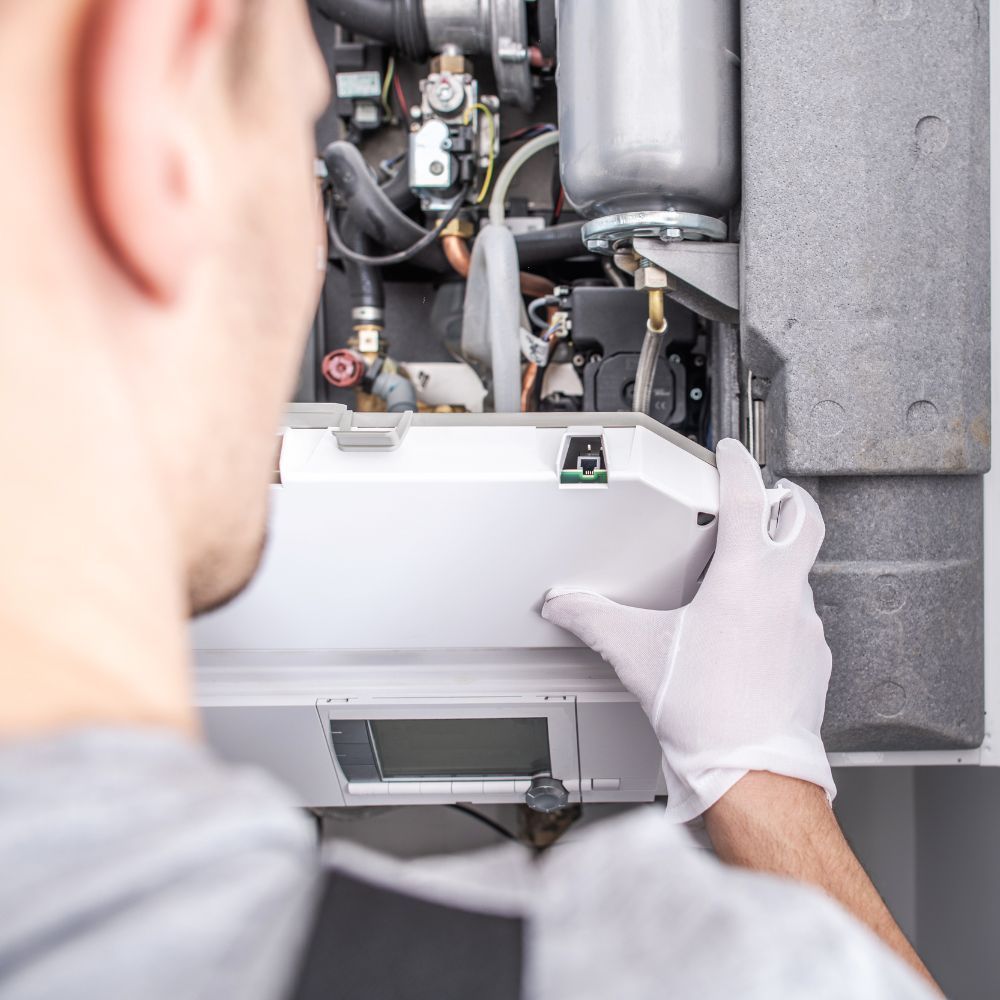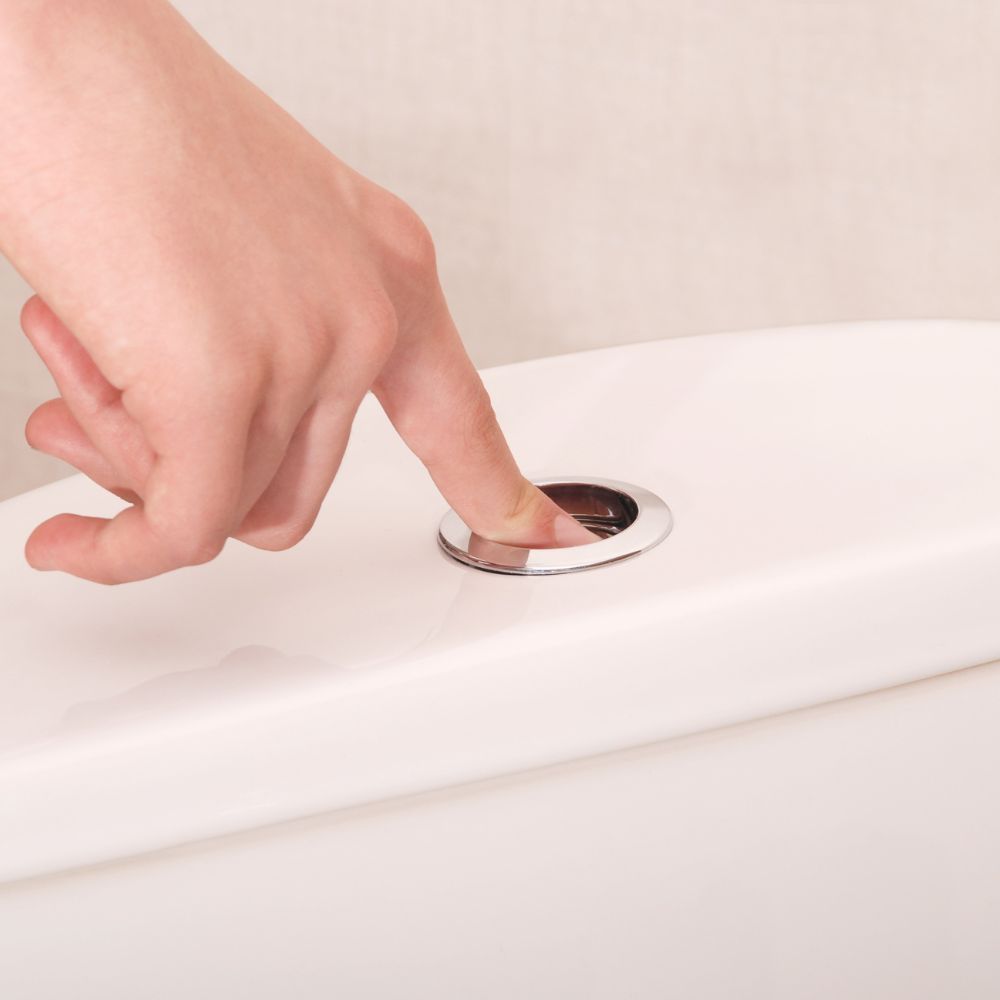No Water or Low Water Pressure?
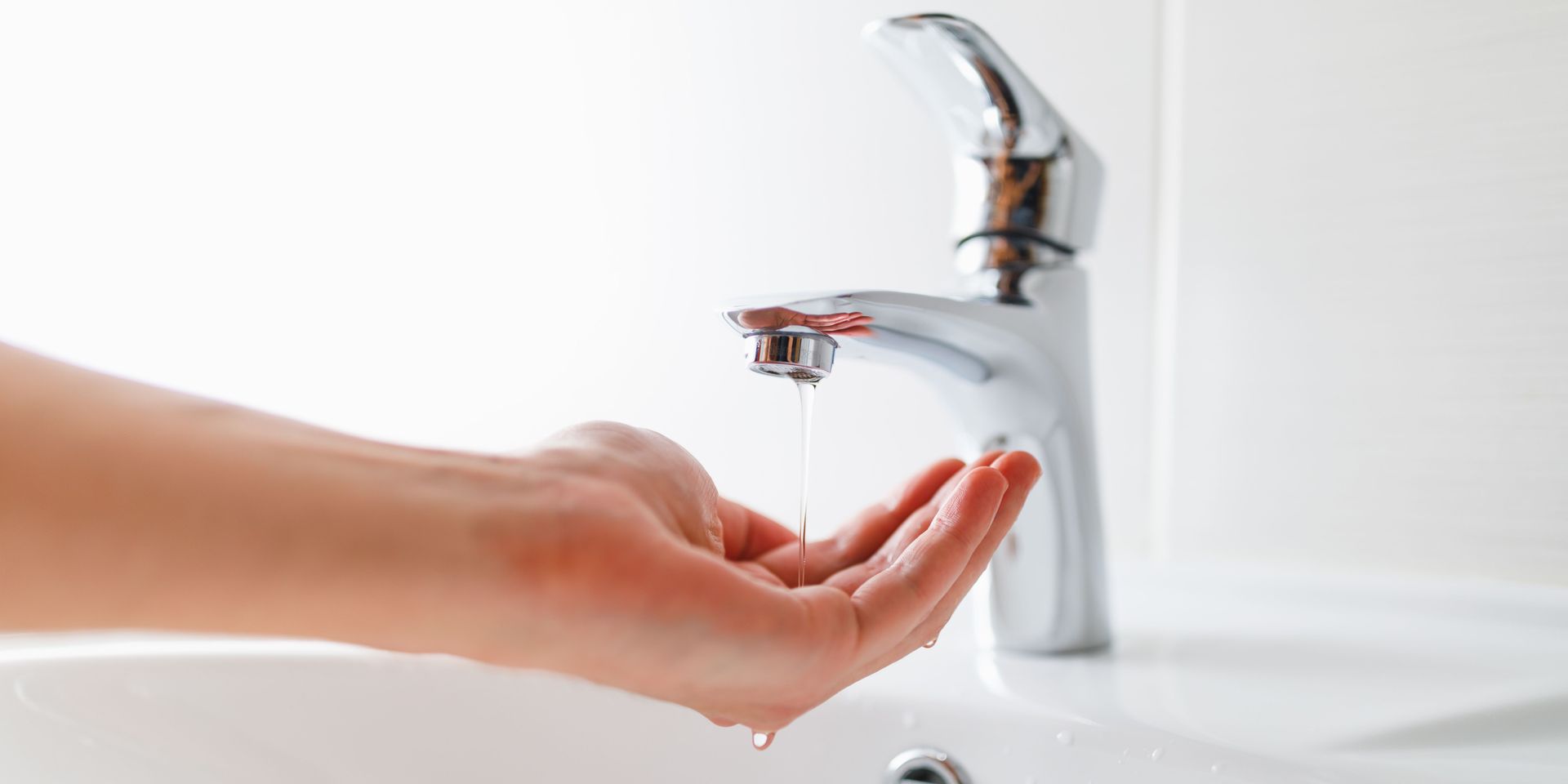
Having low water pressure is an extremely annoying problem. Even worse is turning on a tap in your home to find out that you have no water. When this happens, you need to act fast to restore running water in your home.
Low water pressure can do more damage than merely inconveniencing you. For instance, it can damage appliances like the dishwasher and the water heater. This is because these appliances require specific water pressure to work effectively. If they are continuously operating with low water pressure, they may get damaged, and you may even have to replace them.
So, what causes low water pressure? And what can you do if you encounter this problem? Read on to find possible causes and practical solutions to your low water pressure problem.
What Causes No Water or Poor Water Pressure?
Internal and external factors can cause low water pressure or lack of water in your home. External factors include problems with your water supplier, having your water cut off, or an incident that curtails the water supply.
An easy way to determine whether your current water problem is caused by an external factor is to inquire whether your neighbors have the same problem. This works particularly well if your houses are roughly the same height or have the same number of floors.
Your neighbours
If your neighbours have a water pressure problem, you should contact your water supplier to fix the issue. If not, it is time to look at plumbing issues within your house.
Start by turning on your cold kitchen tap. In most homes, the main water pipe is directly connected to the cold kitchen tap, so this gives you an accurate idea of just how low the water pressure is.
Check specific pipes
If you have no cold water, then you probably need to raise the issue with your supplier. If the kitchen tap’s pressure is alright, your problem is likely with specific pipes in the home rather than the main water supply.
For instance, a scale build-up may clog your pipes. Some may be corroded, thus lowering water pressure significantly. A corroded pipe has a smaller diameter, which means that less water is passing through it. Ultimately, this will result in less water coming from your faucets. At its worst, it could lead to complete water flow blockage so that you have no water supply.
Leaky pipes and frozen pipes
You may also have leaky pipes, which contribute to lower pressure and water wastage. Sometimes, you may have water supply problems because of a stop valve that is not fully opened. Having no water pressure could also be caused by a flattened pipe or a ferrule partly obstructed by grit.
A frozen pipe is also a common cause of water pressure problems, particularly in the winter months.
Sometimes, however, low water pressure is brought on by the high demand for water at certain times. For instance, you may experience reduced water pressure in the mornings when people get ready for the day. You could also encounter the same issue in the evenings when people are preparing meals or cleaning up. This is a fairly common problem for those living in flats.
You may also experience a drop in water pressure when you install new appliances in your home. This issue is especially common with washing machines, power showers, and dishwashers. Before you purchase a new device, ensure that it is compatible with your plumbing. You may also have your plumbing redone to accommodate the latest machines.
Geographical location
Sometimes, your geographical location may affect your water pressure. If your house is on a hill, for instance, you may have lower pressure compared to those with homes at the foot of the hill.
Once you have identified the cause of your low water pressure, you should work to solve it promptly. If the problem is with the supplier, contact them immediately and ask them to rectify it. If it is with your home, take swift measures to solve it.
Clogged water pipes and outlets can be effectively unclogged by vinegar. If you notice that your shower head is scale-filled, remove it and soak it in a concentrated vinegar solution overnight. Should the problem persist, consider soaking and cleaning the shower valve.
Corroded pipes need to be replaced. Be sure to buy quality pipes that will serve you for a long time. Additionally, consider installing a whole house water filter to avoid exposing your pipes to chemical-laden water.
You may also have to replace misshapen and leaky pipes as well.
You need to fully open a stop tap that is partially closed to allow the maximum amount of water to flow through. Most stop taps can be found beneath the kitchen sink, so be sure to check that yours is fully open. If you have a ferrule obstructed by dirt and grit, clean it out to restore high water pressure.
It would be best if you also considered cleaning your water heater at least once a year. Start by emptying it of all water, then disconnecting its pipes. Then pour a gallon of vinegar into the empty tank. Refill the tank with hot water, and let the vinegar solution stay overnight.
Vinegar is especially effective at dissolving scale build-up and will help prevent water blockage at the inlets and outlets. Empty the tank and then reconnect the pipes.
How to Check for Water Problems in My Area
If you have determined that your home’s water problems are not due to issues with your plumbing, you may have to contact local water suppliers to find out what the problem is. Consider using resourceful tools like https://www.thameswater.co.uk/contact-us/water-supply/no-water-low-pressure to conduct a quick search of local water problems.
If you experience low water pressure from the supplier regularly, make sure to note it down. You may be eligible for compensation if the problem is recurrent.
Conclusion
There is no denying that having no water or low water pressure at home is frustrating. Fortunately, you have a lot of options to solve the problem. Start by identifying the cause of the issue. Is it a problem affecting your entire neighbourhood, or is it unique to your home?
Once you pinpoint the issue, follow the steps in this blog post to solve it. Should the problem persist, do not hesitate to seek professional help. There is no reason to put up with low water pressure because it’s a problem that can be solved quickly.
